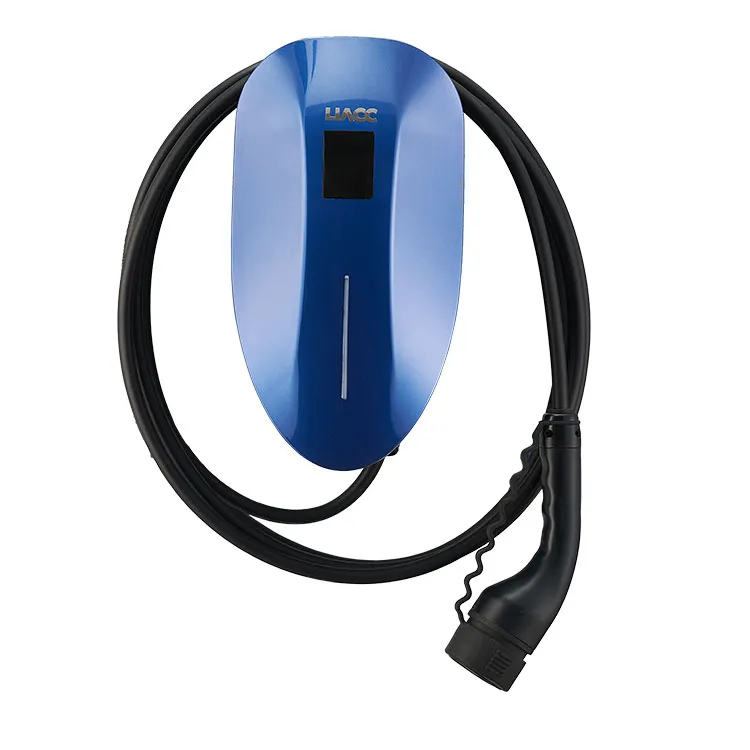AC EV Chargers vs. DC Fast Chargers: Which is Right for You?
2024-08-28
As electric vehicle (EV) ownership continues to rise, so does the need for effective charging solutions. Two primary types of EV chargers are available today: AC EV chargers and DC fast chargers. Both have their unique advantages and applications. In this blog post, we'll compare these two types of chargers to help you determine which is the right choice for your needs.

AC EV Chargers: An Overview
AC EV chargers use alternating current (AC) to supply power to an electric vehicle, which is then converted to direct current (DC) by the vehicle's onboard charger. AC chargers are typically slower than DC fast chargers but offer several advantages:
- Cost: AC chargers are generally more affordable than DC fast chargers, both in terms of initial purchase and installation. This makes them an attractive option for residential use and for businesses looking to provide charging solutions without significant investment.
- Availability: AC chargers are commonly found in homes, workplaces, and public charging stations. Their widespread availability makes them convenient for daily use and ensures that EV owners have easy access to charging.
- Ease of Installation: Installing an AC charger is relatively straightforward, especially for Level 1 chargers that use a standard household outlet. Level 2 chargers require a 240V outlet, similar to what is used for large appliances, making them easy to integrate into existing electrical systems.
DC Fast Chargers: An Overview
DC fast chargers bypass the vehicle's onboard charger and supply direct current (DC) directly to the battery. This allows for much faster charging times, which is a significant advantage for certain applications:
- Speed: DC fast chargers can provide a significant amount of charge in a short period, making them ideal for long-distance travel and quick turnaround times. Depending on the vehicle and charger, DC fast chargers can add hundreds of miles of range in under an hour.
- Public Infrastructure: DC fast chargers are commonly found at highway rest stops, service stations, and other locations where quick charging is essential. They are designed to provide a rapid charging solution for drivers on the go.
- Higher Costs: The speed and power of DC fast chargers come at a higher cost. They are more expensive to purchase and install, and they require a higher power supply, often necessitating upgrades to existing electrical infrastructure.
Choosing the Right Charger: AC vs. DC
When deciding between an AC EV charger and a DC fast charger, consider the following factors:
1. Charging Speed: If you need to charge your EV quickly and are often on the road, a DC fast charger might be the better choice. However, if you primarily charge your vehicle overnight or during extended periods, an AC charger will be sufficient.
2. Cost: AC chargers are more budget-friendly and are often the preferred choice for home use. DC fast chargers are a larger investment and are typically found in commercial settings or as part of public charging networks.
3. Use Case: For daily commuting and local driving, AC chargers provide a convenient and cost-effective solution. DC fast chargers are best suited for long-distance travel and locations where quick charging is essential.
4. Location: Consider where you will be charging your vehicle most frequently. AC chargers are ideal for home or workplace charging, while DC fast chargers are better suited for public charging stations and highways.
Conclusion
Both AC EV chargers and DC fast chargers play essential roles in the EV charging ecosystem. Understanding the differences and benefits of each type will help you choose the right charger for your needs, ensuring that your electric vehicle is always ready to go. Whether you opt for the convenience and cost-effectiveness of an AC charger or the speed and power of a DC fast charger, the right choice will depend on your specific driving and charging habits.


